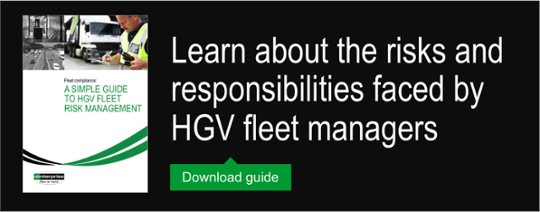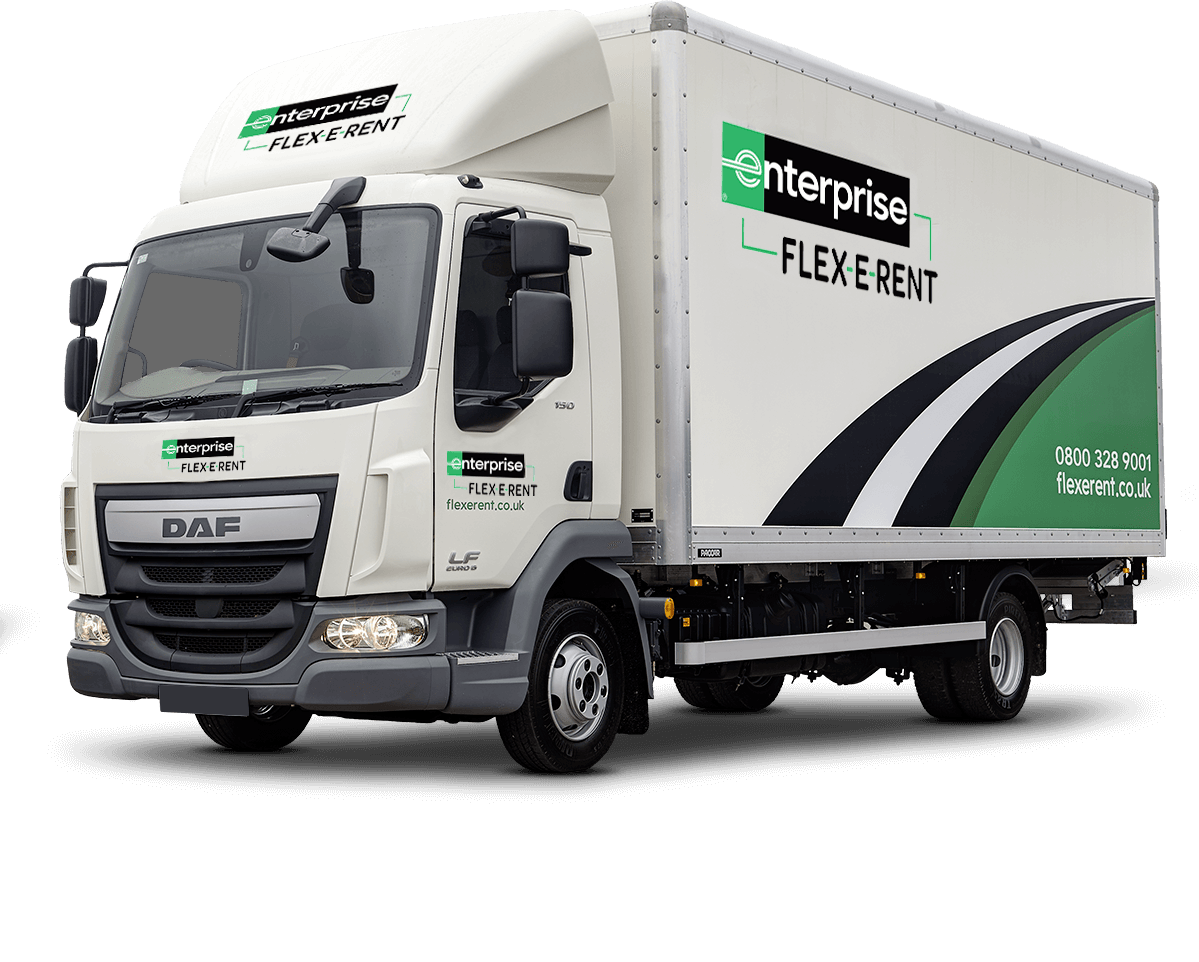If HGVs are essential to your business, it’s tempting to find ways of cutting the cost of this overhead - and many operators do this by sourcing used HGVs for their fleet.
However, while this may seem a good deal at first glance, many operators are hit with a raft of hidden costs and inconveniences. So before you sink hard-earned capital in a second-hand vehicle, be sure to take into account the following factors...
1. Maintenance issues
The more miles your HGV has on the clock, the more likely it is that you will need to pay out for expensive maintenance and repair costs. HGV maintenance isn’t cheap, and if you’ve bought a vehicle that needs expensive replacement parts soon after purchase, you could be landed with a series of major bills.
2. No warranty
Related to maintenance, older vehicles are usually out of warranty. So when something goes wrong, the manufacturer doesn’t pick up the tab — you do.
3. Corporate image
If your company uses new HGVs, it sends a signal to the world that your business is flourishing. Older, tattier vehicles say the opposite. HGVs in your company livery aren’t just there to transport goods from place to place — they’re part of your marketing, and they get seen by tens of thousands of people daily.
4. Lack of choice
If you operate a fleet of HGVs, it can be difficult to source enough vehicles of the right make, model and specification. As a result, your fleet can become a hotch potch of different HGVs. That’s not just bad for your corporate image, but it can have a knock on effect that raises the cost of maintenance and repair.
For example, if you have lots of different vehicles from manufacturers such as Scania, DAF, Renault, MAN, Volvo, Mercedes and others, you’ll need to source competent in-house or third party mechanics who are familiar with all these vehicles. If you can’t, you’ll have to outsource maintenance to a variety of specialist engineers — meaning more hassle, admin and higher costs (because you lose economies of scale).
5. Higher emissions
Older HGVs emit more particulates vehicles than the most up-to-date models. They also tend to be less fuel efficient. This means that you end up spending more on diesel to keep a second-hand HGV on the road, and you could also find your vehicles banned from critical areas.
The Mayor confirmed the introduction of the Ultra Low Emission Zone (ULEZ) in the capital in 2020, which will require all buses and HGVs to meet Euro 6 emissions standards. London is leading the way in improving environmental standards, but the rest of the UK isn’t far behind, and it's likely that similar standards will be brought in across other towns and cities in the near future.
6. New compliance standards
Many businesses are still struggling financially, encouraging many HGV owners to hold on to vehicles for longer than usual. This means that there may be old high-mileage vehicles on the market at tantalising prices, but bear in mind that servicing fees could drive up your initial purchase cost.
For instance, Britain’s first Safer Lorry Scheme was brought onto London roads in September 2015, in hopes of reducing the rate of cyclist injuries and fatalities in the city. A city-wide ban will be imposed on any HGVs which are not fitted with additional safety equipment, including approved side guards and mirrors. The older the vehicle, the less likely it is that it will meet modern compliance standards.
7. You could lock away capital
Put capital into an HGV and you lock away money in an asset that will command a much lower price when the time comes to sell it. That money could be used to develop other areas of your business.
Conclusion
Buying second hand HGVs can hit you in the pocket in many unexpected ways. You don’t enjoy the benefits of new HGVs – such as warranties, greater reliability, a first-class corporate image, and a wide choice of vehicles — but you do get saddled with problems such as high maintenance costs, lower fuel economy and higher emissions.
Importantly, just as when you buy a new vehicle, you lock up capital in a depreciating asset – preventing you from using that money to generate extra profit.
For these reasons, many fleet owners are abandoning second-hand vehicles and turning to HGV contract hire instead. Truck hire allows them to enjoy a full choice of new vehicles, incorporated maintenance and service costs (and even a mobile maintenance service), and vehicle branding and modification for little or no extra– all helping to keep vehicles on the road longer, for less.
And because the vehicles are rented you can walk away from them at the end of your contract period, solving the depreciation problem at a stroke. With HGV hire, you can simply access another series of brand new vehicles – and because your capital isn’t locked away, you can use it to grow your business faster.
If you're ready to find out how HGV hire can improve your business, get in touch with one of our HGV experts today. Or if you want some more advice on HGV fleet management, check out guide which outlines the risks and responsibilities you need to take care of.
Editors note: This updated blog post was originally published in April 2015 and has been updated for accuracy




